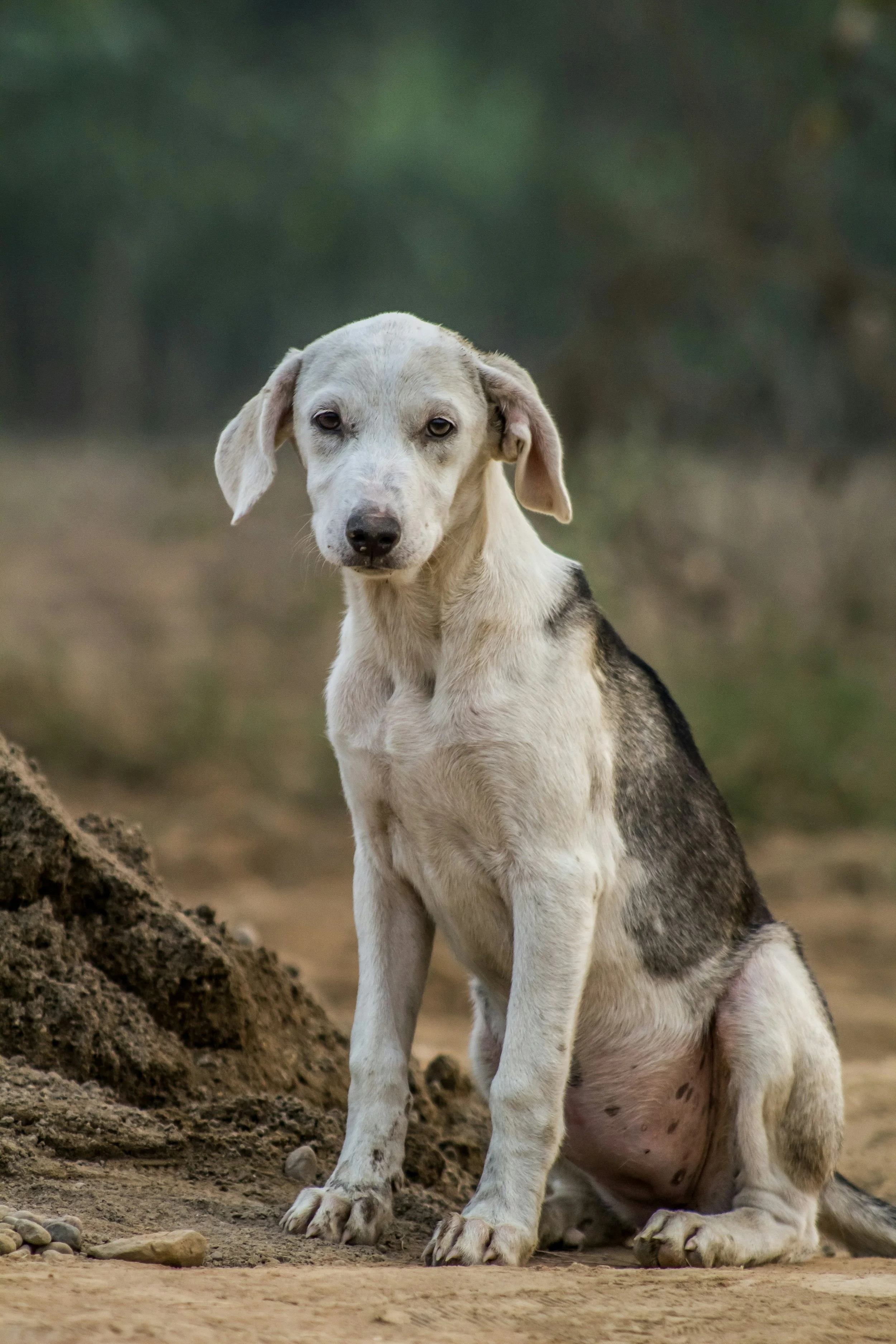The Stray
If you were a stray in my childhood, I collected you and brought you home. I wrapped you in cloth, found out what food you ate, fed you—by eyedropper sometimes, made you a shoe box with tissue paper nest, put your box by my pillow, and stroked your fur or feathers until you calmed and slept. Baby mice, baby birds, baby rabbits. Anything lost or abandoned or too weak to survive on its own. I had a place for you in my house and in my heart.
